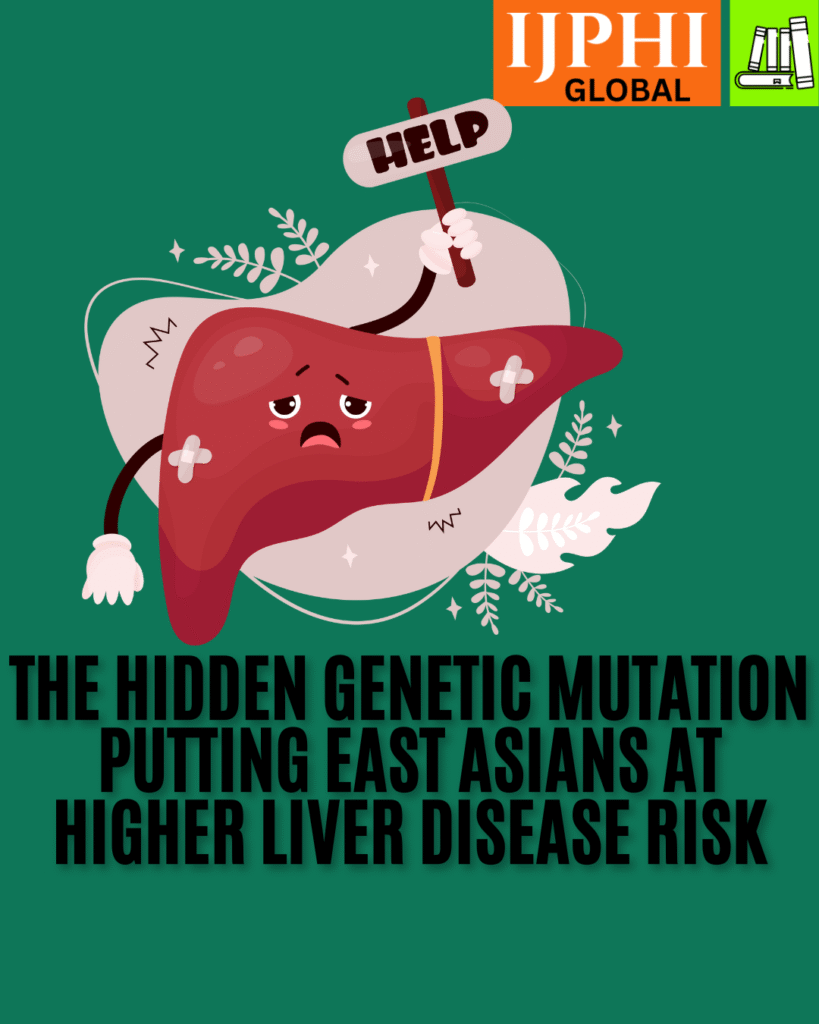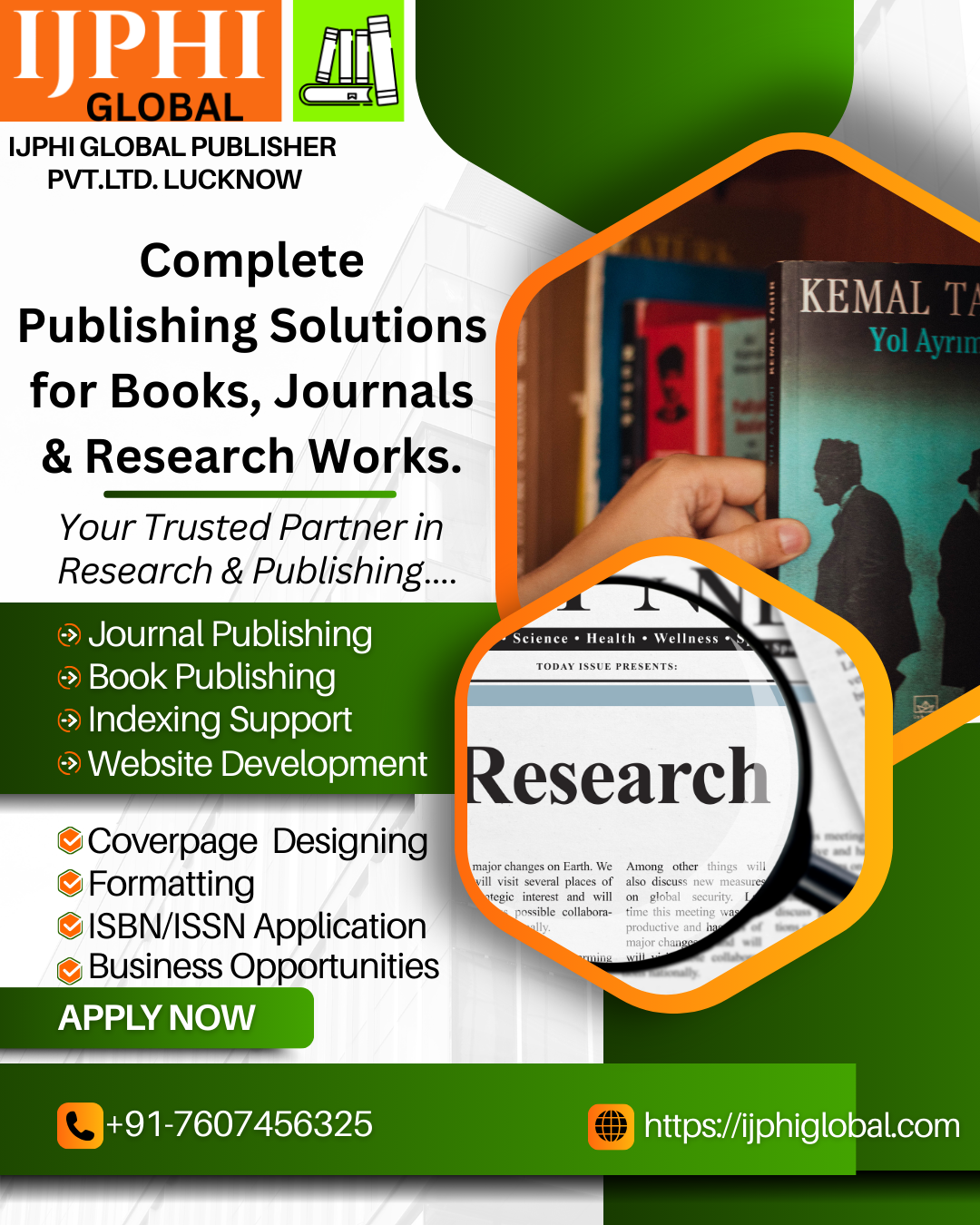Researchers from Osaka Metropolitan University have uncovered a critical mechanism linking a common genetic mutation to liver damage, coining the term “aldehyde storm.” Their findings not only highlight the biological pathways behind liver disease but also offer practical lifestyle advice to reduce risks.
🧬 The Role of ALDH2: Your Body’s Detox Enzyme
The enzyme Aldehyde Dehydrogenase 2 (ALDH2) plays a vital role in detoxifying harmful aldehydes chemicals that can damage DNA, proteins, and lipids. While ALDH2 is most famous for breaking down acetaldehyde (produced after alcohol consumption), it also detoxifies other aldehydes such as acrolein, which is generated from cigarette smoke, pollution, and certain medications.
When ALDH2 is functioning well, it protects the liver and other organs from oxidative stress and long-term damage.
🚨 The Genetic Twist in East Asians
A significant portion of the East Asian population, including about 40% of Japanese people, carry a genetic mutation known as ALDH2*2. This variant reduces the efficiency of ALDH2, leaving individuals more vulnerable to aldehyde buildup.
- Increased Cancer Risk: Carriers of ALDH2 are already known to face higher risks of esophageal cancer, especially if they drink or smoke.
- Liver Disease: The new study shows that impaired aldehyde detoxification may directly trigger severe Liver Disease.
🧪 The Breakthrough Study: Aldehyde Storm
Associate Professor Takeshi Izawa and graduate student Yuki Takami conducted experiments using knock-in mice designed to mimic the ALDH2*2 mutation. When exposed to allyl alcohol (which is metabolized into acrolein), the mice developed a sudden surge of aldehydes in the bloodstream.
This rapid buildup termed an “aldehyde storm”led to:
- Severe glutathione depletion (the body’s main antioxidant).
- Increased oxidative stress.
- Ferroptosis, a type of cell death driven by lipid peroxidation.
- Extensive tissue damage, with the liver being most severely affected.
⚠️ Why This Matters for Humans
While the aldehyde exposure in the study was higher than typical smoking levels, the findings are highly relevant for:
- Smokers & e-cigarette users: Acrolein is present in tobacco and vape smoke.
- Cancer patients: Certain chemotherapy drugs, like cyclophosphamide, metabolize into acrolein.
- ALDH2*2 carriers: Their natural defense system is weaker, making them more prone to oxidative damage.
🥦 Lifestyle & Prevention: What You Can Do
The study emphasizes that lifestyle choices can reduce risks for ALDH2*2 carriers and the general population:
- Boost antioxidants: Eat foods rich in vitamins C & E, polyphenols, and glutathione-supporting nutrients.
- Avoid smoking and pollution exposure where possible.
- Limit alcohol consumption, as acetaldehyde adds to the aldehyde load.
- Regular liver health monitoring for those with a family history of ALDH2 mutations.
🧭 Looking Ahead
The researchers plan to further explore how chronic aldehyde exposure in ALDH2*2 carriers contributes to cancer and other diseases. As Associate Professor Izawa noted:
“We identified for the first time the close relationship among aldehyde metabolism, redox balance, and the ferroptosis pathway.”
This discovery opens new possibilities for targeted therapies and personalized prevention strategies for populations at genetic risk.
✅ Key Takeaway: If you carry the ALDH2*2 mutation (common in East Asians), you may be more vulnerable to aldehyde-related liver damage. Healthy lifestyle choices and reduced exposure to aldehydes could play a major role in protecting your liver.

